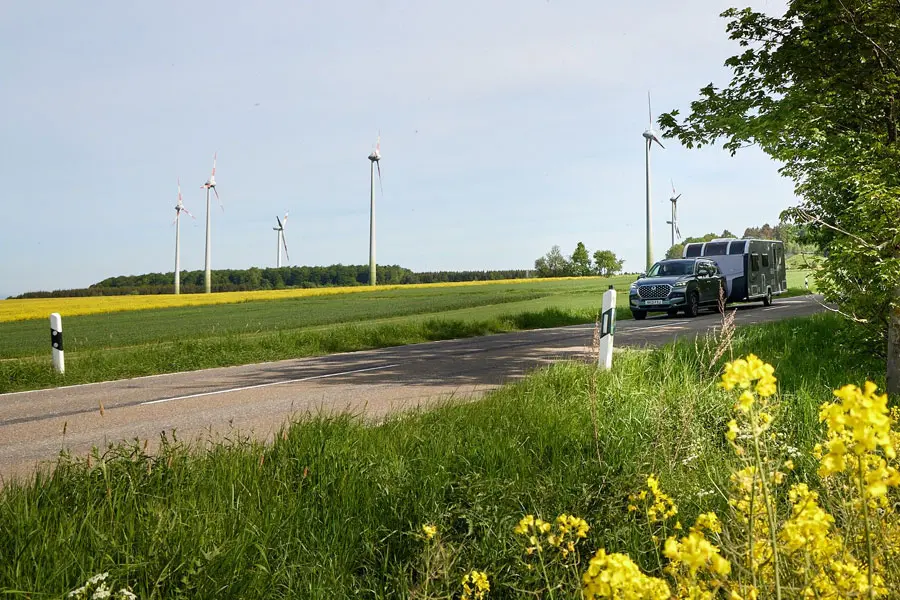Bailey of Bristol switches to 100% renewable energy supply

In future Bailey will specify a wind, hydro and solar power mix for all three of its sites which, whilst more costly than the energy from fossil fuels, does not create any carbon emissions at the point of generation and is also naturally replenishing. The company believes that transferring to renewables is simply the right step to take and in future will allow Bailey to report its electricity consumption (Scope 2) as zero carbon, under the Greenhouse Gas (GHG) protocol*.
This latest development follows the recent announcement that Bailey of Bristol has signed up to the Woodland Trust Woodland Carbon scheme (WCS) which enables companies to capture greenhouse gas (GHG) emissions by planting new native woodland in the UK, that in time will absorb carbon dioxide from the atmosphere.
Bailey of Bristol’s aim in future is to be become a carbon neutral business and these two initiatives are the latest in a number of changes that the company has made on that journey.
Managing Director Nick Howard commented; “Switching to the exclusive use of renewable energy supplies is the next important step in helping us achieve our sustainability and social responsibility goals”.
“Powering all three of our three sites with electricity generated by either wind, hydro or solar power in future is part of the positive action we want to take to help safeguard the environment for the future.” he added.
*The Greenhouse Gas (GHG) protocol is a set of internationally accepted standards of measuring and reporting emissions. The guidance categorizes emissions activities into different scopes for accounting and reporting purposes.
The GHG Protocol have defined three scopes of emissions which are essentially who ‘owns’ those emissions and how much control a company has to change or influence them:
- Scope 1 covers direct emissions from owned or controlled sources, like the gas used to heat a building or the fuel used in the company’s fleet of vehicles.
- Scope 2 covers indirect emissions from the generation of purchased electricity, steam, heating and cooling consumed by the company.
- Scope 3 includes all other indirect emissions that occur in a company’s value chain, like the emissions from commuting to work, or purchased goods and services.
Previous
News & Events
Latest news & events
See all news & eventsChipping Sodbury Spring Sales Event
BADMINTON ROAD, CHIPPING SODBURY, BRISTOL
West Country Motorhomes Open Weekend
BRISTOL ROAD, BRENT KNOLL, HIGHBRIDGE, SOMERSET
Swindon, Oxford and Reading Caravan and Motorhome Centre Easter Sales Event
GREATFIELD, ROYAL WOOTTON BASSETT, WILTSHIRE
Grantham's Midlands Caravan & Motorhome Season Ready Show
SPITTLEGATE LEVEL
GRANTHAM

